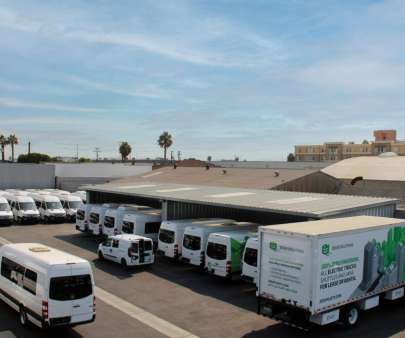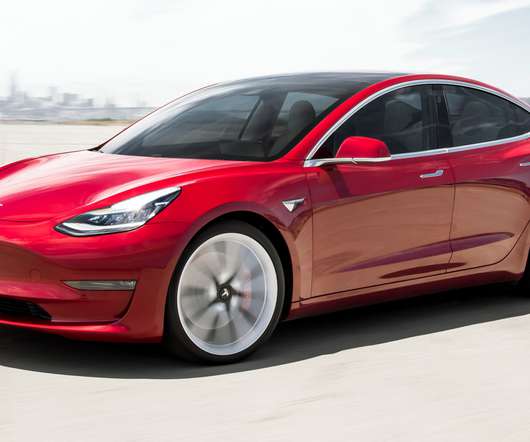Researchers propose new aluminum–sulfur battery with molten-salt electrolyte; low-cost, rechargeable, fire-resistant, recyclable
Green Car Congress
AUGUST 25, 2022
Composed of earth-abundant elements that can be ethically sourced and operated at moderately elevated temperatures just above the boiling point of water, this chemistry has all the requisites of a low-cost, rechargeable, fire-resistant, recyclable battery. —Pang et al.

































Let's personalize your content